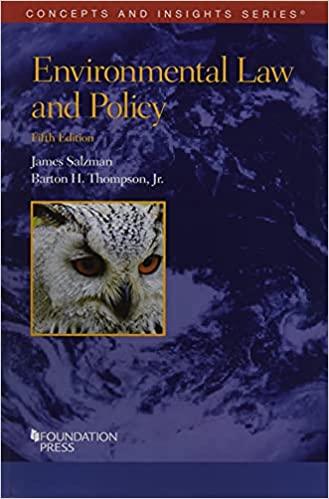Question
Contextualize Now, as you read again, think about contexts for the passage. Contexts are facts or broader circumstances external to a literary work that are
Contextualize
Now, as you read again, think about contexts for the passage. Contexts are facts or broader circumstances external to a literary work that are important to its production, reception, or understanding; for instance: literary, biographical, political, or historical information about Keats, "Ode on a Grecian Urn," or the period during which it was written and published.
| I | |
| Thou still unravished bride of quietness, | |
| Thou foster-child of silence and slow time, | |
| Sylvan historian, who canst thus express | |
| A flowery tale more sweetly than our rhyme: | |
| What leaf-fringed legend haunts about thy shape | |
| Of deities or mortals, or of both, | |
| In Tempe or the dales of Arcady? | |
| What men or gods are these? What maidens loath? | |
| What mad pursuit? What struggle to escape? | |
| What pipes and timbrels? What wild ecstasy? | |
| II | |
| Heard melodies are sweet, but those unheard | |
| Are sweeter; therefore, ye soft pipes, play on; | |
| Not to the sensual ear, but, more endeared, | |
| Pipe to the spirit ditties of no tone: | |
| Fair youth, beneath the trees, thou canst not leave | |
| Thy song, nor ever can those trees be bare; | |
| Bold Lover, never, never canst thou kiss, | |
| Though winning near the goalyet, do not grieve; | |
| She cannot fade, though thou hast not thy bliss, | |
| For ever wilt thou love, and she be fair! |
Question 1 of 1
From your own knowledge of any relevant contextual facts or circumstancesor from information provided by your instructor, textbook, or the introduction to this workshopidentify and list any potentially significant contexts for the passage. Respond to this prompt with a list of contexts. Each contextualization should include the phrase: " ... is potentially significant."
Having spent the previous steps looking only at Keats's literary language, we are now asking you to look outside of the text for potentially significant interpretive contextsthat is, facts or broader circumstances external to the passage that are important to its production, reception, or understanding. In forcing you to contextualize, we again only ask for potentially significant literary, biographical, political, or historical information. How might Keats's biography inform or inflect "Ode on a Grecian Urn"? Does the poem seem to addressdirectly or indirectlyany contemporaneous historical or political events? While this is an ideal time to look up additional information about the poet or poem, please don't get bogged down. As with the previous step, such contextual elements may prove important or incidental to your final interpretation.
Step by Step Solution
There are 3 Steps involved in it
Step: 1

Get Instant Access to Expert-Tailored Solutions
See step-by-step solutions with expert insights and AI powered tools for academic success
Step: 2

Step: 3

Ace Your Homework with AI
Get the answers you need in no time with our AI-driven, step-by-step assistance
Get Started


